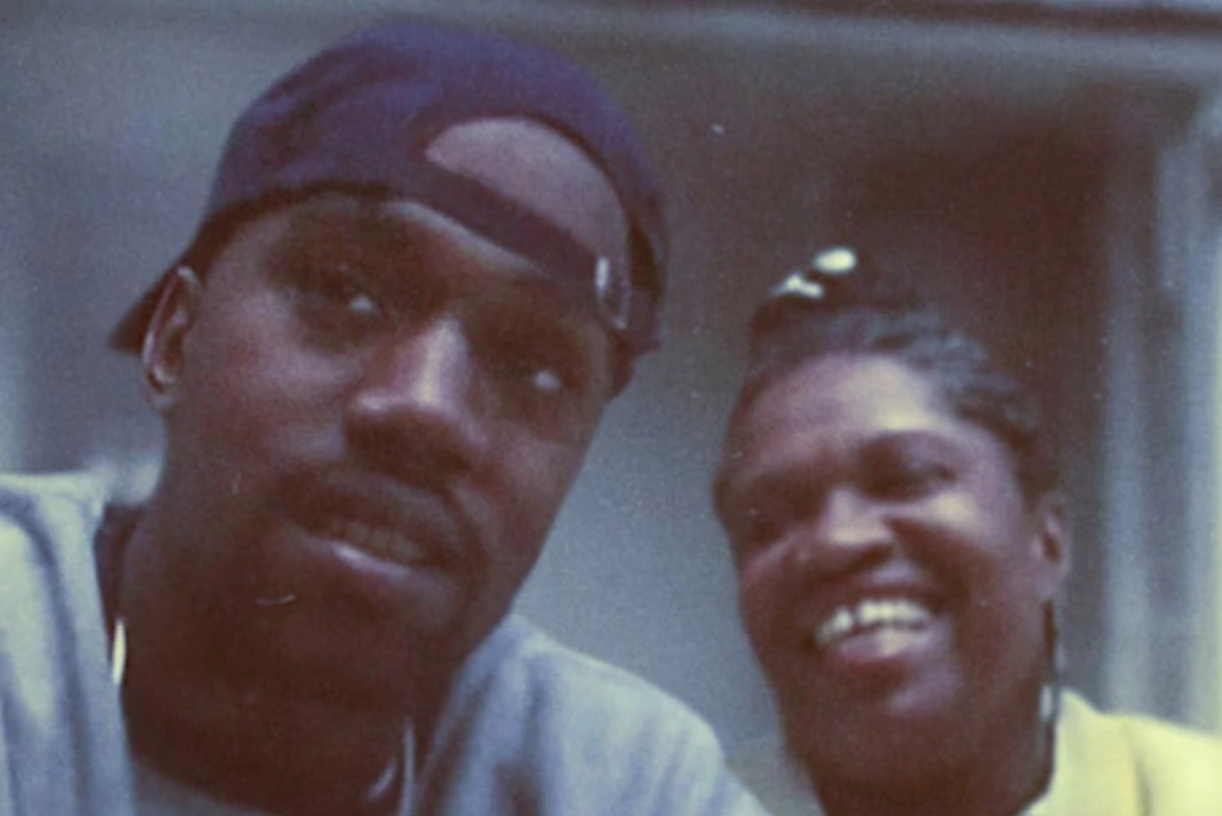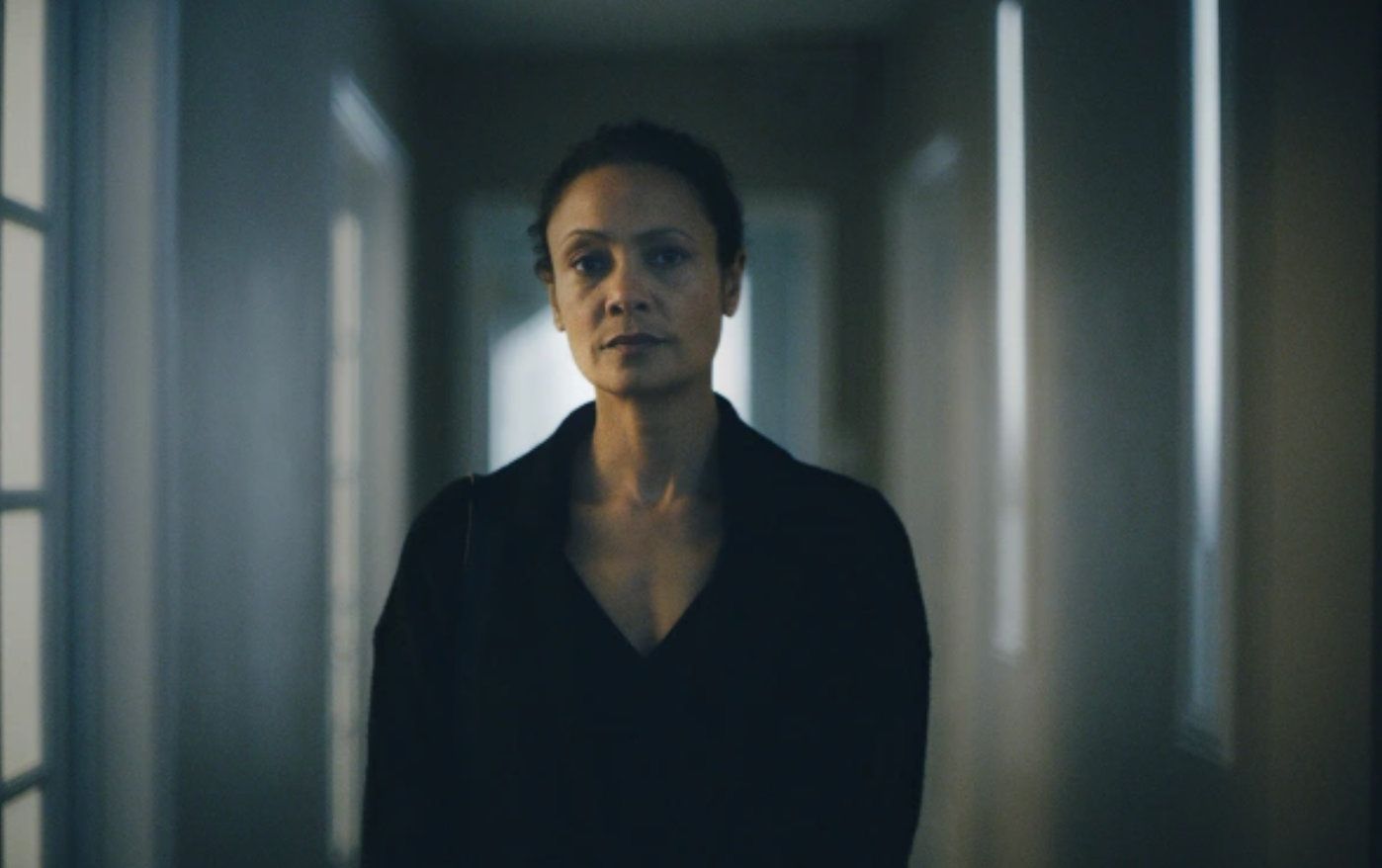Sundance Film Festival: Kanye West documentary, Aubrey Plaza’s crime thriller and more highlights
Sundance has long been the launchpad for many a beloved film. Jacob Stolworthy runs through the 2022 releases hoping to break through in the same way


Settling down to a film festival without leaving the house is a strange prospect. But due to the spread of Omicron, this is how everyone is experiencing this year’s Sundance Film Festival.
Organisers have gone above and beyond to ensure the best viewing experience possible for virtual attendees and the filmmakers, whose films are being shown as part of the line-up.
Sundance has long been the launchpad for many big films – The Blair Witch Project, Little Miss Sunshine, and Get Out to name just three – and this year’s programme hopes to follow suit: it’s a stacked list of world premieres, whether they be of exciting new feature films or enticing documentaries.
Below is a report from the frontlines of this year’s festival (the frontlines being my living room).
Day 1
Launching Sundance was Mars One, a moralistic Brazilian drama from director Gabriel Martins. The film follows a lower middle-class Black family whose lives are rocked following the election of a right-wing president with morals that are in contrast with their own. Martin’s debut is a languid-paced watch, the high points of which are focused on the jaded matriarch Tércia, played by a captivating Rejane Faria. However, save for an unexpected – and unbelievably cruel – moment early on, most of the film’s beats are signalled scenes before, diminishing much of its surprise. Still, it features some terrific Brazilian music and is kept afloat by the familial relationships at its heart.
The same cannot be said for When You Finish Saving the World. The writing-directing debut of Jesse Eisenberg follows a mother and son – played by Julianne Moore and Finn Wolfhard – whose growing distance from one another sends them seeking affection elsewhere. When they’re together, Eisenberg’s script does the otherwise impressive actors an injustice; he shoots for, and misses, Squid and the Whale-era Noah Baumbach. Their scenes are gratingly nasty and do the film no favours. Fortunately, Eisenberg realises this about 45 minutes in, and it’s when they’re separated for longer periods of time that things settle into an awkward groove. Sadly, it’s too little, too late.
Emergency looks destined to become a cult favourite. Set over one night, the film follows three college friends of colour (Donald Elise Watkins, RJ Cyler, Sebastian Chacon) who, ahead of a night of fraternity parties, find a drunk white girl (Maddie Nichols) passed out in their living room. The boys decide against calling the police – they’re simply too afraid of what the optics could lead to – and what ensues is a series of misunderstandings that make for an entertaining and gruelling, if often frustrating, viewing experience. It has the free-wheeling college comedy feel of Booksmart merged with the biting social commentary of Blindspotting – an intriguing mix – but falls short of both.

The first of the festival’s high points came in an unlikely form – a British remake of Akira Kurosawa’s Ikiru. Look deeper, though, and the success of Living becomes less surprising: author Kazuo Ishiguro (Remains of the Day) wrote the script. It’s Bill Nighy in the Takashi Shimura role; he’s heartbreaking as Mr Williams, a reserved civil servant whose life in 1950s London is one of tedious routine – that is until he discovers he’s dying. Living might sound bleak, but there are moments of joy sprinkled in; look no further than the scenes with both Nighy’s Williams and his employee Margaret Harris, played with a sweet joie de vivre by Sex Education’s Aimee Lou Wood (a standout). Living is a wonderful film, and one that further proves the British film industry is thriving.

Day 2
Fire of Love tells the story of married couple Maurice and Katia Krafft, who dedicated – and risked – their lives to the study of volcanoes. The footage in Sara Dose’s documentary, which shows the Krafft’s scaling dangerous terrain while overlooking burning lava, is breathtaking. Shortly after its premiere, National Geographic acquired Fire of Love for future distribution – and it’s easy to see why.
Despite a lukewarm response, there’s plenty to like about Call Jane, the directorial debut of Carol screenwriter Phyllis Nagy. It tells the real-life story of Elizabeth Banks’ Joy, a suburban housewife in 1960s Chicago who seeks an abortion after learning there’s a high risk her pregnancy will lead to her death. The problem is that abortion is illegal and the men on the hospital board, who have the power to grant her the right, think her life is worth the risk. After spotting a flier on a lamppost, Joy soon meets a group of women who help those in need have safe abortions. Banks was an inspired choice to replace Elisabeth Moss, whose Handmaid’s Tale duties forced her to drop out, and a commanding Sigourney Weaver, as the leader of the “Call Jane” initiative, is on crowd-pleasing form . A meandering second half detracts from the film’s overall quality, but it’s a likeable effort that will no doubt find an audience when it’s eventually released.
It’s good to see John Boyega take on a thriller like 892, which is notable for being the 29-year-old’s biggest film post-Star Wars. Sadly, the film doesn’t amount to much beside Boyega’s bravura performance. He plays Bryan Brown Easley, an ex-marine suffering from PTSD who one day walks into a bank and threatens to blow up a homemade bomb should he not be given the disability money he’s owed. Much of the film’s first half takes place inside the bank with Easley and the two employees he’s taken hostage (a warm Nicole Beharie and Selenis Leyva). This is where the good work’s being done, so it’s a shame whenever Abi Damaris Corbin’s film distracts with the ensuing frenzy taking place outside.

The buzziest film to come out Sundance so far is Fresh, a film that starts out a sweet rom-com before swiftly turning into a nightmare of gruesome proportions. To say anything more about Mimi Cave’s assured, extremely soundtrack reliant, would be to spoil its surprises, but it involves Normal People’s Daisy Edgar-Jones and Sebastian Stan in a truly horrific role that might make Marvel fans unable to see Bucky Barnes in the same way again. The film isn’t the runaway success it thinks it is – it’s more disturbing than entertaining – which is further proved by a messy third act that should have come at least 30 minutes earlier.
Day 3
The strongest day of the festival started with Dual, the third film from Faults and The Art of Self-Defence director Riley Stearns. For my money, it’s his strongest yet, a sci-fi satire that seemed destined to be undone by its indelible plot: a woman prepares for a court-mandated duel to the death with her clone, who she had made upon discovering she had a terminal illness. Karen Gillan turns in two memorable performances as Sarah and Double Sarah, with an enigmatic Aaron Paul delivering his best non-Breaking Bad related work to date.
Perhaps the most non-divisive success of the festival I’ve seen so far is Good Luck to You, Leo Grande, a Harold Pinter-esque two-hander following Emma Thompson’s escapades with a young sex worker (Irish Peaky Blinders star Daryl McCormack). Written by comedian Katy Brand and directed by Animals’ Sophie Hyde, the film – charting four meetings – is a moving, hilarious and well-structured feat that’s unafraid to tackle themes of intimacy and sex work. It easily sits alongside Thompson’s best performances and will likely be a star-maker for McCormack.

As well as debuting world premieres, Sundance also showed two regulars of the festival circuit: After Yang and The Worst Person in the World. The former, which marks Kogonada’s return to Sundance after debuting Columbus in 2017, is a futuristic fable following a father’s (Colin Farrell) attempts to save the life of a robotic babysitter who built a close bond with his daughter. The latter, from filmmaker Joachim Trier, is an empowering coming-of-age dramedy charting four years in the life of a young woman (Renate Reinsve) as she attempts to navigate her way through adulthood. Both are examples of directors at the top of their game and will deservedly be a fixture in end-of-year lists come December.
Evan Rachel Wood deserves to be commended for detailing her allegations against Marilyn Manson in new two-part documentary Phoenix Rising. The actor began dating the rock musician when she was just 18 – he was 37 – and the documentary sees her bravely recall numerous shocking allegations. Away from Manson, the doc shows Wood and fellow Rising Phoenix found Illma Gore, attempt to increase the statute of limitations increased from three years to 10 years in California. The documentary will air later this year.
Day 4
It’s quite bizarre to find yourself rooting for Kanye West (now legally called Ye), but that’s exactly the position you find yourself in while watching Jeen-Yuhs, a three-part documentary coming to Netflix next month. Sundance has unveiled the first part, and it shows the burgeoning Chicago-based rapper as he attempts to get a music deal in New York. “I’m trying to get to the point where I could drop my last name off my name,” he says at one stage, with a level of self-belief that would be laughable if it wasn’t exactly what ended up happening. Considering it’s been filmed by his friends (directors Coodie & Chike), the doc can’t escape the fact that every single second has probably been approved by the rapper himself. Consequently, it’s too safe to fully impress.
Thandiwe Newton leads a one-woman army against toxic masculinity in God’s Country. She plays Cassandra, a grieving former New Orleans cop who moves to an isolated snowy canyon where she’s increasingly tormented by two local hunters. The film, from Julian Higgins, is a slow-burn descent, amping up the tension via silence, awkward standoffs and not-so-subtle symbolism. Despite some third-act wobbles, it just about pulls things off, thanks in no small part to Newton, who here further proves her screen magnetism following an Emmy winning-turn in Westworld.

Aubrey Plaza is firmly in that camp alongside Newton – and Emily the Criminal might be the best use of her talents to date. John Patton Ford’s taut, if disappointingly slight, film follows a down-and-out girl who embroils herself in a life of crime to pay off her debt, and it works better as a character study of Plaza’s main character than it does as a nail-biting crime thriller. The tension – and devilish enjoyment – comes from seeing Emily adapt to situations seemingly outside her control, flipping like a switch to the shock of everyone around her. In a time when films routinely exceed the two-hour mark, here’s one that could have done with some more fleshing out (it clocks in at 97 minutes). Don’t go expecting anything too deep beyond the surface, and you’ll come away satisfied.
Maryna Er Gorbach’s independently made Klondike is an admirable film. Set in the Donbas region of eastern Ukraine, the film is largely told through the eyes of Ira, a heavily pregnant woman (Oksana Cherkashyn) who refuses to leave her home despite being amid increased war activity involving Russia (this includes the real-life incident that saw Malaysian Airlines Flight 17 shot down, killing everyone on board – Ira and her husband live in the vicinity of this accident). It’s perhaps too drawn out to be entirely fulfilling, but look for the small details Gorbach plants in the background, and it becomes infinitely more intriguing.
Join our commenting forum
Join thought-provoking conversations, follow other Independent readers and see their replies
Comments
Bookmark popover
Removed from bookmarks